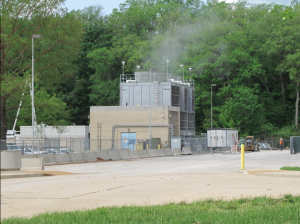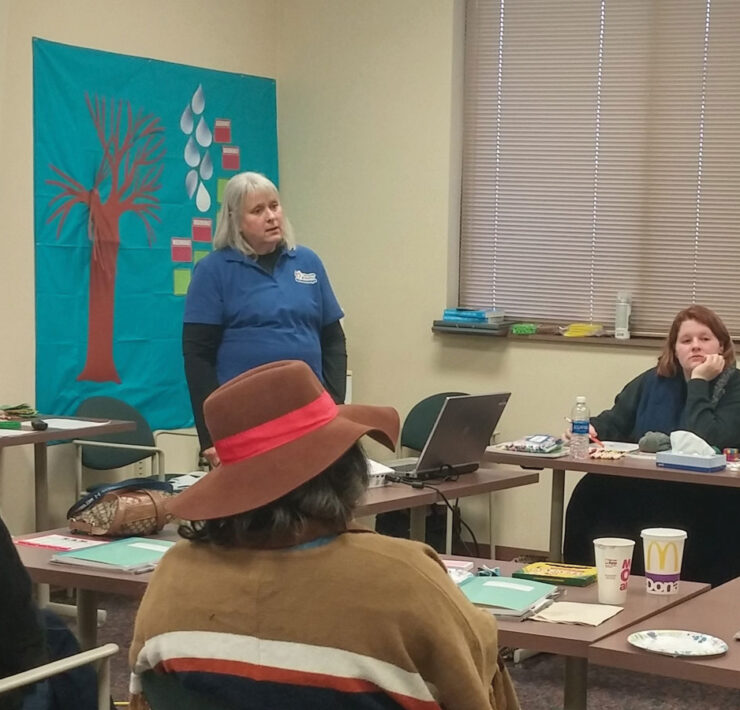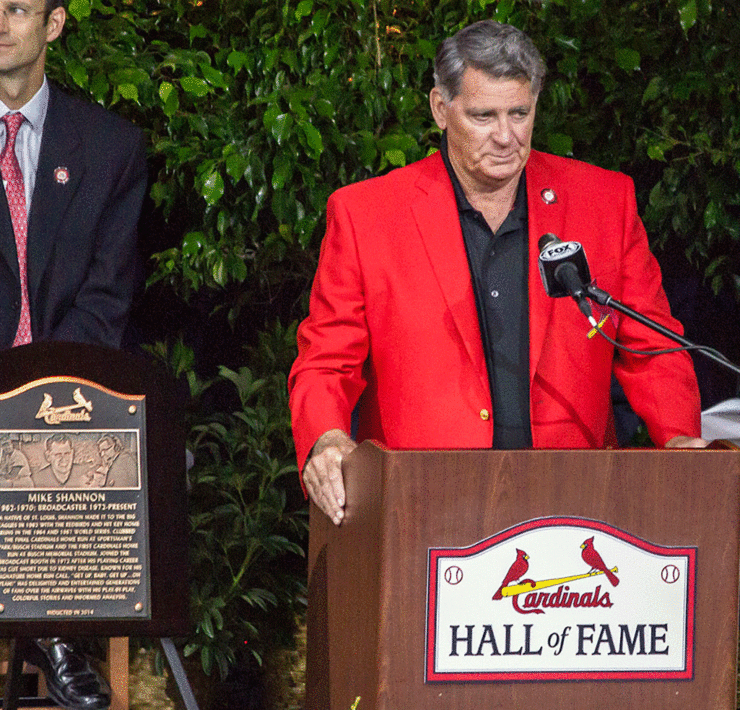Show-Me Where We’re Headed
 Three recent developments say a great deal about Missouri’s economic future and the direction this state is headed.
Three recent developments say a great deal about Missouri’s economic future and the direction this state is headed.
First, Toyota is moving its corporate headquarters from Torrance, California, to Plano, Texas, a suburb of Dallas. The reasons cited include lower taxes, more favorable labor conditions, Texas as a “loser pay” state in tort law cases, plus a sweet package of state-sponsored financial incentives. No one here seemed either very surprised or especially disappointed by Toyota’s announcement, even though Missouri has enjoyed a strong and healthy history with the auto industry.
Missouri was not in the running because for decades other states have been doing a better job when it comes to economic development. Although it’s convenient to cite relatively high personal and corporate income taxes as well as Missouri’s refusal to climb aboard the open shop, right-to-work law bandwagon as reasons for sluggish economic growth here, there’s much more to the story than these simplistic “solutions.”
It began about 100 years ago when northeastern industrialists began moving their manufacturing plants into the Deep South, where land, labor and energy costs were somewhat lower. The fact that northern markets were typically less than a day away by rail was considered a trifling inconvenience. Industrialists and their financial partners in principal money centers from Chicago to Boston were more aware of the South and its advantages because it was proximate to places they visited or, in some cases, had second homes in ranging from Virginia to Florida.
Missouri by comparison lost out — not really identified with anything in particular — an undefined place that was “out there” somewhere in the Great Plains where herds of buffalo still roamed. Missouri’s two principal metropolitan areas now rank in the second tier with significantly contracted airline service seeming to lag further and further behind Sunbelt boom towns that include Charlotte, Atlanta and the Dallas-Ft. Worth “Metroplex.” Reality check: The needle of economic growth would not move very much even if Missouri abolished all state and local taxes and took the draconian step to banish unions altogether. Most Missourians seem contented as it is. Here in the “Keystone of America” by location, life is good. Someday, the Show-Me State will be discovered.
While those who favor lowering state income taxes cheer, the recent override of the governor’s veto of a tax-relief measure passed by the Missouri Legislature could be a Pyrrhic one given flaws in the measure some typically conservative professional accounts have taken note of. Reduced income spurred by these cuts could end up seriously wounding public education, from local school districts to the University of Missouri. Purely speculative at this point: How will anticipated lower revenue from these cuts affect the state’s present and rather salutary bond rating by Moody’s and other rating agencies? A catch-22 could be in the offing as reduced revenue compels the state to raise taxes coming face to face with the Hancock Amendment and almost certain rejection of any levy increase on the ballot by Missouri’s historically parsimonious electorate.
Finally, some really great news for the Columbia metropolitan area: Oregon-based Northwest Medical Isotopes recently unveiled plans to build a $50 million, 50,000-square-foot facility in the burgeoning Discovery Ridge area. Working with the university’s Research Reactor and Mallinkrodt Chemical Co. of St. Louis, NMI will produce a medical isotope called Molybdenum-90, which promises major advances in medical research, diagnosis and treatment. It’s an interesting redux to the university’s original research park on Providence Road when construction on the reactor was underway exactly 50 years ago. Discovery Ridge is more spacious and accessible with its own highway interchange — ABC Labs and Tolton High School are already there — and the rumor mill buzzes with imminent announcements of considerable interest and import. With the NMI announcement, this area’s economic future, and well-being, will be even more closely tied to MU and public-private partnerships with MU’s School of Veterinary Medicine, Trulaske School of Business, College of Engineering, College of Agriculture and others as well.








